| This blog explores social attitudes in Jane Austen's time, discusses her novels, reviews forgotten 18th century novels, and throws some occasional shade at the modern academy. The introductory post is here. My "six simple questions for academics" post is here. |
| |
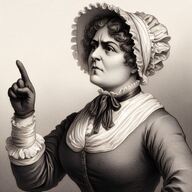 Hugh Thomson illustration of Mrs. Elton
Hugh Thomson illustration of Mrs. Elton As I mentioned, I got interested in finding examples of this comic stock character because of Mrs. Elton in Emma. It seems to me that she is an exemplar of a vulgar Bristolian, and Austen makes a point of specifying she is from Bristol, “the very heart of Bristol.”
As I find these novels, I am looking carefully for references to the slave trade and the attitude of the authors as revealed through their characters. While many a novel relies upon the sudden acquisition of a West Indian fortune as a plot device, they usually mention the West Indies without remarking on slavery at all, let alone the evils of slavery. The stereotypical Bristol merchant and his family are held up to criticism and ridicule in these novels--not because they were involved in the slave trade, but because they were vulgar and presumptuous...
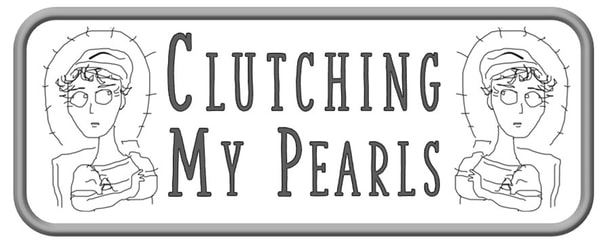
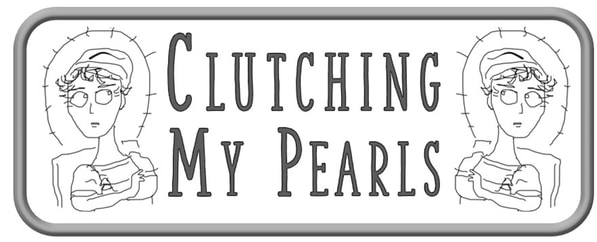
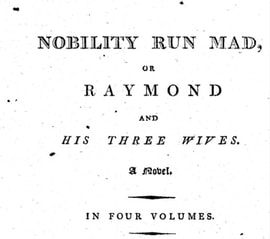
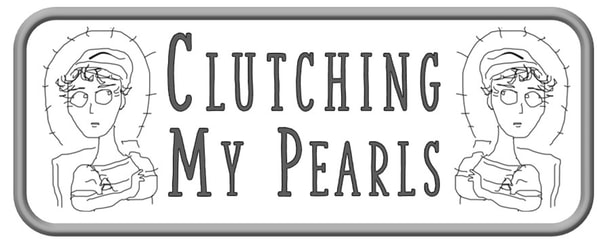
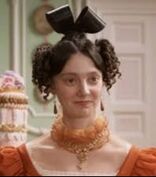
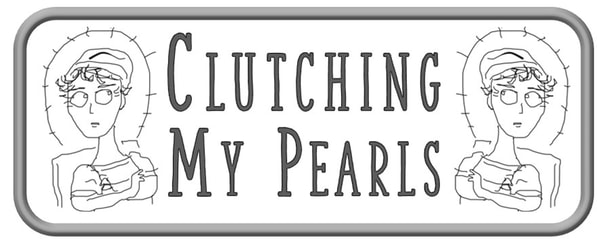
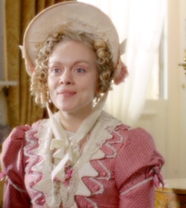
 RSS Feed
RSS Feed